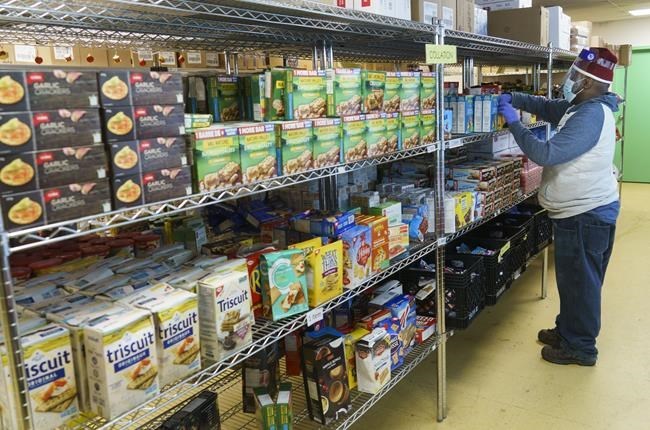TORONTO — A survey of nearly 3,000 Canadian charities finds more than half said they couldn’t meet demand for help, while nearly a third reported a significant drop in revenue.
The sixth edition of the Giving Report points to “severe challenges” in the charitable sector, driven by “unprecedented growth in demand … compounded with inflation and revenue shortfalls.”
The online Nanos poll, commissioned by the donation platform CanadaHelps, surveyed 2,948 charity professionals representing 2,860 charities between Nov. 14 and 22, 2022.
“This year's report makes it abundantly clear that many Canadian charities are beginning to buckle under the strain of increased demand for services and stalled revenues, and we are now at a point where the majority of charities cannot meet demand,” Duke Chang, president and CEO of CanadaHelps, said Tuesday in a release.
The report found 57 per cent of respondents said they could not keep up with increasing need for help, 40 per cent reported higher levels of demand than before the pandemic and 22 per cent said demand “significantly exceeds” capacity.
After inflation, staff burnout was the second highest concern with nearly 60 per cent of charities surveyed reporting the same number of paid staff despite more service demands.
The report says 15 per cent of charities polled had fewer staff since the pandemic started.
The polling industry's professional body, the Canadian Research Insights Council, says online surveys cannot be assigned a margin of error because they do not randomly sample the population.
This report by The Canadian Press was first published April 11, 2023.
The Canadian Press



